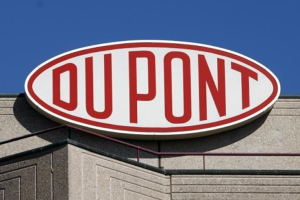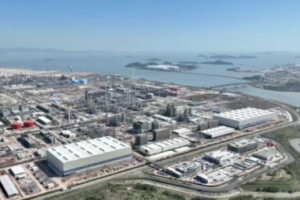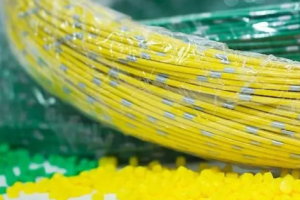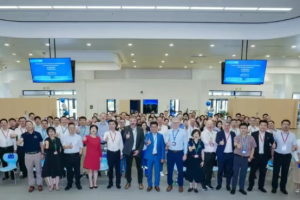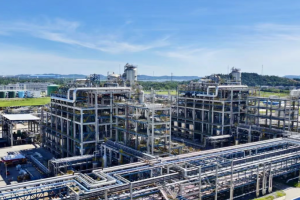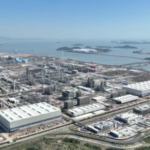May 29, 2025 – The global plastic circular economy stands at a crossroads, facing both monumental challenges and promising opportunities. A recent study by Bain & Company highlights that Europe’s plastic chemical recycling sector requires substantial capital investment to achieve cost parity with virgin plastics, a transition expected to span 20-30 years.
According to Bain’s latest industry report, the current production cost of recycled polyolefins in Europe is more than double that of virgin plastics. Given the price sensitivity of end markets, market forces alone are insufficient to drive the necessary industrial transformation. The report underscores that policy support will be pivotal in bridging this cost gap.

As per insights from Color Masterbatch Industry Network, if European countries incrementally increase the use of recycled materials to achieve a 1-2% market penetration by 2040, it could unlock over 15% of the total plastic market. This phased approach not only mitigates capital investment risks but also ensures a reasonable return on investment. Industry experts anticipate a gradual decline in chemical recycling costs as technologies mature and operational expertise grows.
“Achieving cost competitiveness will necessitate cumulative global investments of up to €400 billion,” remarked Mark Porter, Bain’s Global Head of Chemicals. “This demands systemic regulatory changes. Once critical mass is reached, chemical recycling will transition from being policy-driven to market-driven.”
Notably, the EU’s recently introduced Packaging and Packaging Waste Regulation is perceived by the industry as insufficient to spur large-scale chemical recycling. The regulation mandates that all packaging must be recyclable by 2030 and sets a maximum recycled content requirement of 35% for plastic packaging. However, analysts argue that the regulation falls short on the supply side.
The report outlines three strategic recommendations for plastic producers: forge value-chain collaborations, engage proactively in policy formulation, and innovate business models. Pioneering enterprises can establish a formidable competitive edge by securing high-quality waste feedstock sources and catering to premium clients. Additionally, companies must maintain close dialogue with regulators and experiment with innovative commercial partnerships.
While the transition process is lengthy, it promises significant first-mover advantages for enterprises that act early. As global environmental regulations tighten, chemical recycling technology is poised to become a cornerstone of the plastic industry’s sustainable future.


